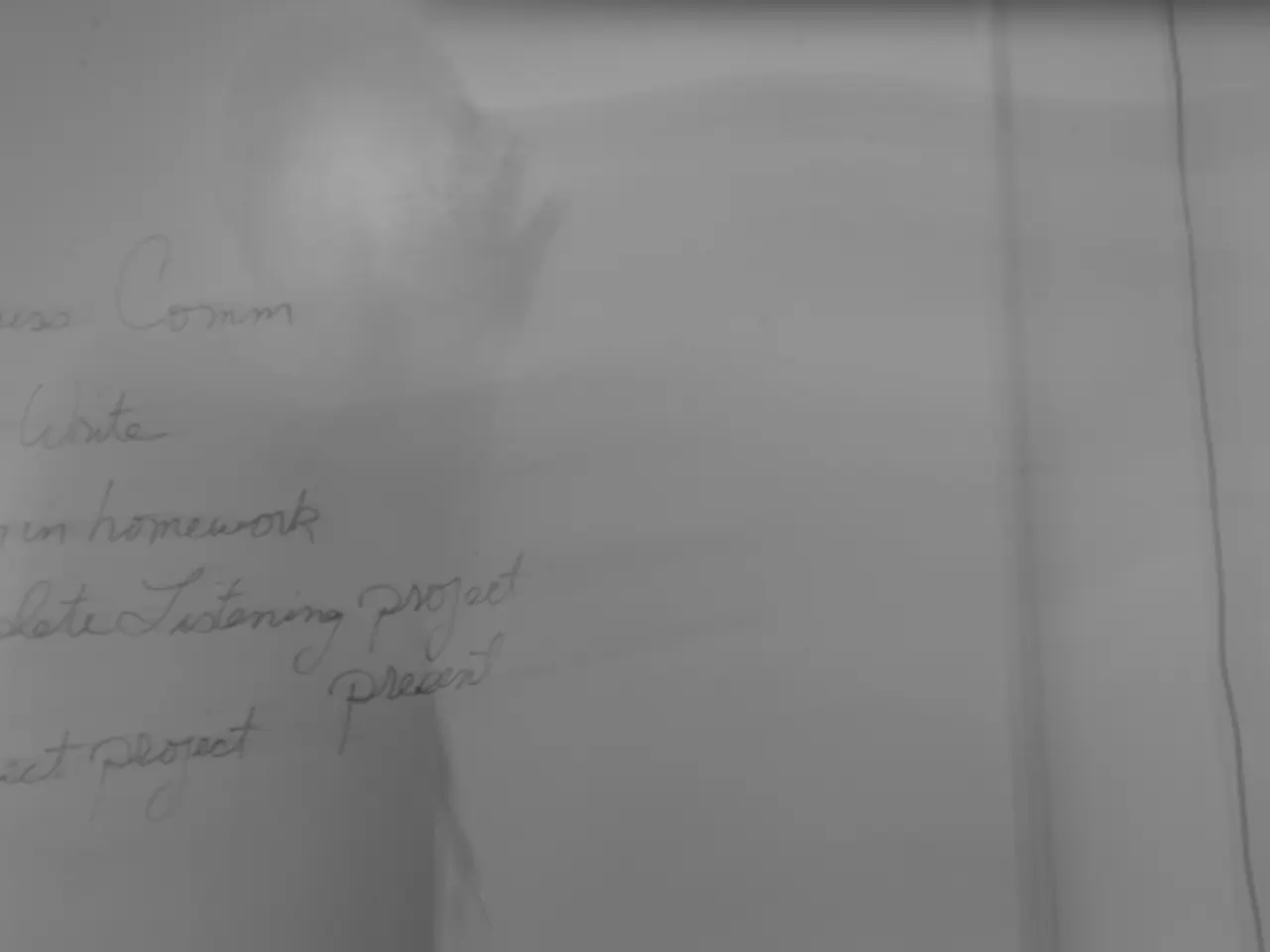Recognizing Your Mentors: Guidelines for Crafting Your Research Paper Acknowledgements
In the world of academic research, acknowledgements serve as a heartfelt thank you to those who have supported and contributed to a student's journey. This article offers insights into writing acknowledgements for STEM senior theses and independent work papers, focusing on the guidelines and examples that can help students express their gratitude effectively.
### Guidelines for Writing Acknowledgements in STEM Papers
When penning acknowledgements, it's essential to maintain a concise, professional, and respectful tone. Key contributors such as academic advisors, committee members, faculty, lab mates, and those who provided technical help or significant academic input should be acknowledged. Funding sources should also be mentioned if applicable. Personal thanks to family and friends for moral support can be included, but it's crucial to keep it brief and relevant.
### Structure and Content
Acknowledgements typically follow a structured format, consisting of an opening statement, academic acknowledgements, technical and material support, and personal gratitude.
1. **Opening statement:** A brief introduction expressing overall gratitude. 2. **Academic acknowledgements:** Name advisors, mentors, faculty, and any collaborators. 3. **Technical and material support:** Mention lab assistants, funding bodies, and institutions. 4. **Personal gratitude:** Close with thanks to family or friends if desired.
### Examples
Two examples of STEM senior thesis and independent work paper acknowledgements are provided below:
**Example 1: STEM Senior Thesis Acknowledgement**
> I would like to express my deepest appreciation to my thesis advisor, Dr. Jane Smith, for her expert guidance and unwavering support throughout this research. I am grateful to the members of my thesis committee, Dr. John Doe and Dr. Emily White, for their invaluable feedback. Special thanks to the XYZ Lab technicians for their assistance with experiments and data collection. This work was supported by the ABC Research Grant (Grant No. 12345). Finally, I thank my family and friends for their encouragement and patience during this process.
**Example 2: Independent Work Paper Acknowledgement**
> This research would not have been possible without the mentorship of Professor Alex Johnson, whose insights greatly improved this study. I also appreciate the use of resources provided by the Department of Electrical Engineering at University X. Funding from the National Science Foundation (NSF Grant No. 67890) is gratefully acknowledged. I am thankful for the emotional support provided by my loved ones.
### Notes on Different Types of Academic Papers
Different types of academic papers may require varying approaches to acknowledgements. For instance, dissertations often involve acknowledging multiple layers of support, including institutional administrators and possibly participants in the study, especially in applied disciplines. Research articles typically have shorter acknowledgements, focusing on specific funding and primary collaborators. Senior theses are similar to research articles but may include a slightly more personal tone given the mentor-student relationship.
While the search results did not provide explicit detailed examples, they highlight that effective acknowledgements combine gratitude with professionalism and may express thanks in paragraph form, ensuring clarity and relevance to the specific academic context. For doctoral or graduate dissertations, formal guides suggest acknowledging all contributors and support systematically and in narrative format.
By following these guidelines and tailoring the acknowledgement to your specific research context and support network, you can create an acknowledgement section that respectfully honours the help you received during your STEM senior thesis or independent work.
The article, written by Alexis Wu, an Engineering Correspondent, also discusses an Independent Work Checklist for submitting a thesis or junior paper at Princeton University. The checklist is specifically for the "Junior Paper (JP)". However, the article does not mention the acknowledgements section of a thesis or paper.
At Princeton, the senior thesis provides more space for acknowledgements, often resembling books. Students can personalise their acknowledgements, mentioning professors, clubs, campus communities, friends, and family who supported them during their academic journey. It's worth noting that some conferences, like those hosted by ACM or IEEE, may offer the option to omit the acknowledgements section.
References: [1] Princeton University, Office of the Dean of the College, "Writing Your Senior Thesis: A Guide for Students and Advisors" (accessed 2021). [2] University of California, Berkeley, "Writing Acknowledgments for Your Thesis or Dissertation" (accessed 2021). [3] Massachusetts Institute of Technology, Writing and Communication Centre, "Writing Acknowledgments for Your Thesis or Dissertation" (accessed 2021).
- For a junior paper, one might express thanks to mentors and professors, as well as the university community for their contributions to one's education-and-self-development and personal-growth, reflecting on the learning experiences gained during the process.
- In a junior paper, students can show gratitude to lab mates, peers, and technical support staff who facilitated the study, just as they would in a senior thesis or independent work paper.
- Acknowledging the collective effort of all involved in one's education is essential, whether working on a senior thesis, junior paper, or any other form of academic research, highlighting the interconnectedness of personal-growth and learning in such an endeavor.




